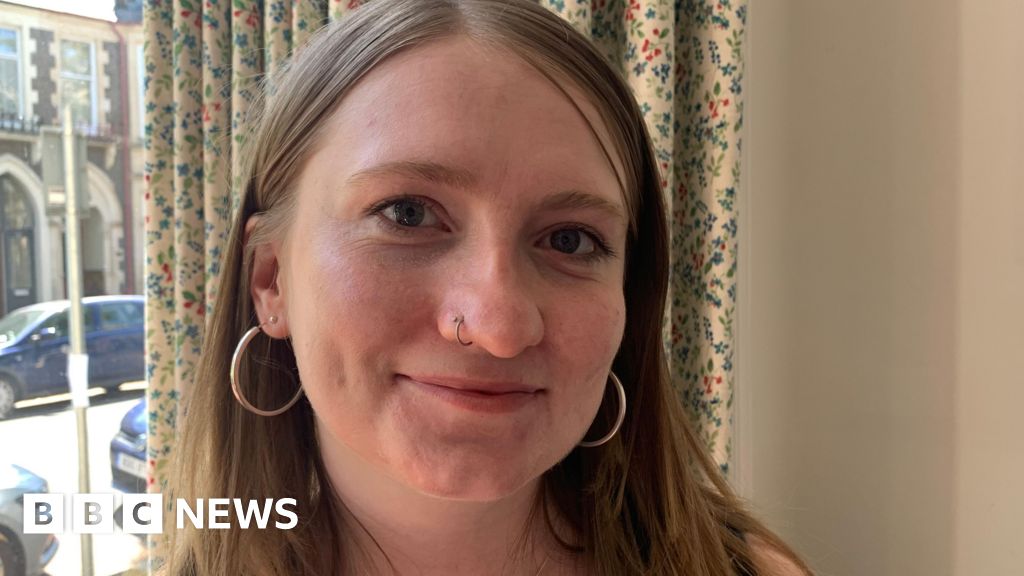Living with PMDD
Marianne Barry, 29, could experience symptoms of severe fear or even suicidal thoughts if she doesn’t take the contraceptive pill every day. She has Premenstrual Dysphoric Disorder (PMDD), a condition that affects up to 8% of women and causes intense emotional and physical symptoms in the days leading up to menstruation. The average waiting time for a diagnosis is around 12 years.
The Struggle to Get Diagnosed
Marianne, a teaching assistant from Cardiff, spent eight years going back and forth before seeking a private diagnosis two years ago when her symptoms became overwhelming. She began to recognize that her symptoms coincided with her menstrual cycle and started recording them. Before being prescribed the contraceptive pill, Marianne’s symptoms would return every month, leaving her in a constant cycle of fear.
What is PMDD?
The symptoms of PMDD resemble those of PMS, but are much more intense and can have a significant negative impact on daily life. Symptoms can include headache and joint and muscle pain, excessive food cravings and sleep problems, and feeling extremely fearful, angry, depressed, or suicidal. The exact cause of PMDD is not fully understood.
Treatment Options
The primary course of treatment for women with PMDD is the contraceptive pill. However, for women who want to get pregnant, this creates a dilemma. Dr. Llinos Roberts, a GP, believes that the limited treatment options are due to a lack of research. "The options we have are contraceptives that help reduce the symptoms of PMDD. You also have the option of treating the actual symptoms with CBT and antidepressants."
The Difficulty of Getting Pregnant
For Marianne, who wants to have children in the future, the idea of coming off her medication and possibly experiencing returning symptoms is too daunting. "There is no certainty that you will get pregnant, you don’t know how long it will take. So I want a child, but I also want to be healthy." Corinne Sinclair, 30, from Cardiff, was diagnosed with PMDD two months ago and is currently trying to get pregnant. She is taking antidepressants to treat her symptoms but has been told that when she gets pregnant, she will also have to consider coming off them.
No Easy Solution
Dr. Roberts said PMDD can be difficult to diagnose because it is often confused with depression or anxiety. She advised women with suspected PMDD to keep a detailed diary of their symptoms and provide evidence to their GP. There is no silver bullet for women with PMDD who want children. "This can be a great challenge for women who want to conceive, but know that if they come off their contraception, which will probably worsen their PMDD symptoms."
Government Response
The Welsh government has stated that it is "determined to improve the diagnosis, treatment, and awareness of women’s health issues", including PMDD. The health plan for women in Wales includes PMDD as a priority area of menstrual health, with £3 million in funding to deliver the plan’s actions.

